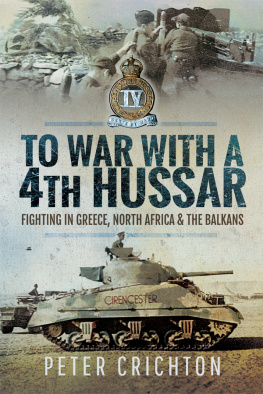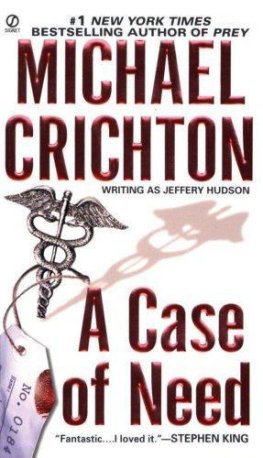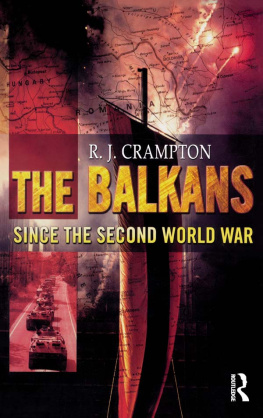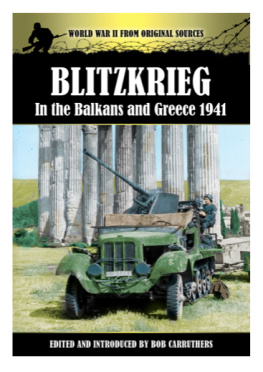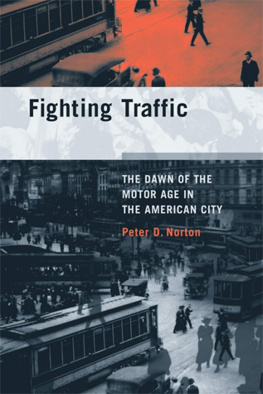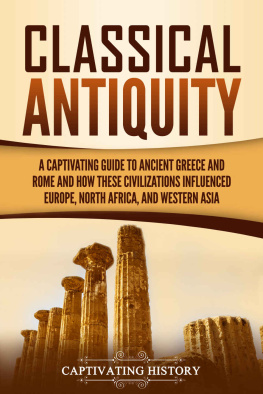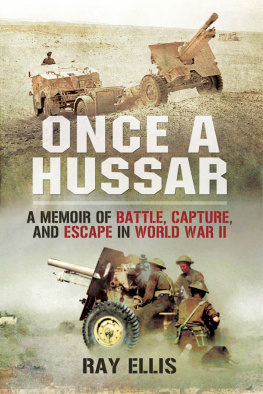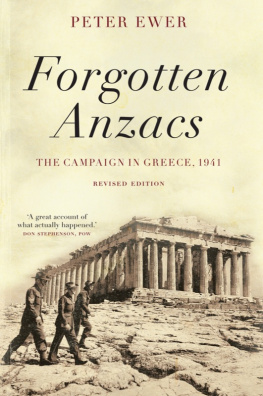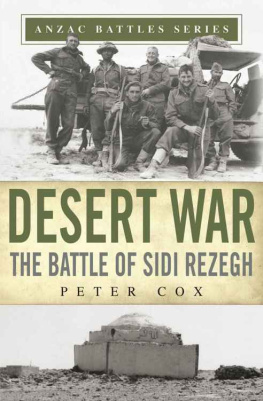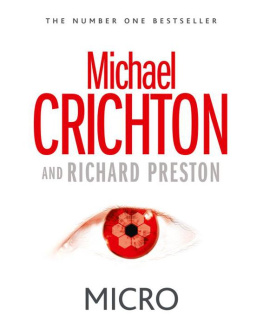To War with a 4 th Hussar
To War with a 4 th Hussar
Fighting in Greece, North Africa and the Balkans
Peter Crichton
First published in Great Britain in 2019 by
Pen & Sword Military
An imprint of
Pen & Sword Books Ltd
Yorkshire Philadelphia
Copyright Robert Crichton 2019
ISBN 978 1 52675 510 0
eISBN 978 1 52675 511 7
Mobi ISBN 978 1 52675 512 4
The right of Peter Crichton to be identified as Author of this work has been asserted by him in accordance with the Copyright, Designs and Patents Act 1988.
A CIP catalogue record for this book is available from the British Library.
All rights reserved. No part of this book may be reproduced or transmitted in any form or by any means, electronic or mechanical including photocopying, recording or by any information storage and retrieval system, without permission from the Publisher in writing.
Pen & Sword Books Limited incorporates the imprints of Atlas, Archaeology, Aviation, Discovery, Family History, Fiction, History, Maritime, Military, Military Classics, Politics, Select, Transport, True Crime, Air World, Frontline Publishing, Leo Cooper, Remember When, Seaforth Publishing, The Praetorian Press, Wharncliffe Local History, Wharncliffe Transport, Wharncliffe True Crime and White Owl.
For a complete list of Pen & Sword titles please contact
PEN & SWORD BOOKS LIMITED
47 Church Street, Barnsley, South Yorkshire, S70 2AS, England
E-mail:
Website: www.pen-and-sword.co.uk
Or
PEN AND SWORD BOOKS
1950 Lawrence Rd, Havertown, PA 19083, USA
E-mail:
Website: www.penandswordbooks.com
Mindful of Former Valour
In memory of the authors friends in the 4 th Hussars
whose companionship he missed until the day he died.
Foreword
M y father loved Egypt. The climate suited him he hated the cold and wet and I think that he and my mother were happy to return to the country not long after the war. By the end of 1951 they were back in England. They never spoke about their experiences in Cairo as the citys authorities lost control of the streets in the closing months of that year. It may be that they had left before the worst of the anti-British rioting and bloodshed. The quiet streets of Bourton-on-the-Water in the Cotswolds, where they settled on their return, must have seemed strange to this cosmopolitan couple, now accompanied by their 4-year-old son.
It was in Bourton-on-the-Water at South Lawn, the small house they bought not far from the River Windrush and the centre of the village that I first stumbled across some evidence of my fathers wartime adventures. I must have been old enough to be left alone in the house and bored enough to explore the unremarkable cupboard under the stairs. At the back, past boxes of cleaning materials and the Hoover, I came across a great shaggy sheepskin coat hanging on the wall. It was too long to hang clear of the floor and its lower edge was draped over a small box and a pile of papers tied up with string. To my great excitement, the box contained a revolver and an automatic pistol, each with a few rounds of ammunition. The papers, once released from their string, turned out to be a collection of maps of Yugoslavia, what appeared to be telegrams and documents thrillingly marked Top Secret.
I think that I was wise enough not to admit my discovery at the time. Over the following years, though, my father told me a little of his time first with the 4 th Hussars and then, towards the end of the war, with Titos partisans. No doubt he was encouraged by my decision to follow in his footsteps and join his old regiment.
I am not sure what prompted him to dust off the papers and write down his story. He began in 1969 when he was living in Naunton, a small village in the Cotswolds. I had just left Cambridge and had been posted to Singapore, so was finally off his hands. He had retired so had the time. He had written a couple of plays, and maybe the enjoyment he found in the process of writing induced him to start. He had no diaries and, apart from a few photographs and the papers and maps that had survived from his attachment to the Yugoslav partisans, had only his memory to aid him. Research from the isolation of a small rural village must have been difficult. There is evidence that he spoke to some of his contemporaries to check his facts. He was certainly in touch with the Imperial War Museum, which provided some of the illustrations that he wanted to include. He sent drafts to his 4 th Hussar friends for their advice; General John Strawson and Brigadier John Paley had offered their comments at some stage in the process. Rear Admiral Morgan Giles provided details of Royal Navy operations in the Adriatic. A neighbour, Ralph Grey, Baron Grey of Naunton, encouraged him to publish, and Sir Fitzroy Maclean the Head of 37 Military Mission in Yugoslavia during the war suggested publishers and agents. He got as far as having his manuscript typed for publication and choosing the photographs, maps and diagrams he wanted to include. But in the mid-1970s his health began to deteriorate and his energy left him. Maybe he felt that it was time that his son picked up the baton; belatedly, that is what I have done, and this book is the result. I hope the reader enjoys it.
Robert Crichton
List of Maps
The Mediterranean and Middle East Theatre of War
The Authors Route through Greece, April 1941
The Western Desert
No 37 Military Mission Area of Operations, 19441945
The Capture of Brac
The Attack on Ston and the Metkovic Road
The Battle for Pag, Operation SMRT, April 1945
The Fortified Town of Pag
Chapter 1
Introduction to the Regiment
T he Colonel was livid with rage. His knuckles showed white as he gripped the arms of his chair behind his desk.
The only other occupants of the room in the private house, which served as regimental headquarters, were the Adjutant, standing embarrassed in a corner, and myself. I was on the mat.
I understand, said the Colonel, you have applied for a transfer to the Queens Own Hussars; your application is refused; that is all.
I managed a salute, turned and left the room. Tears of anger and frustration welled in the corners of my eyes as I made my way to my billet.
The outbreak of war had released me from a life I hated. My reactions had been ones of extreme excitement, heightened by fearful incredulity, but my enthusiasm had since been dampened by many months of playing at soldiers in England whilst the German armies had overrun Europe. The final blow had come when we had learnt that the armoured cars of the 2 nd Northamptonshire Yeomanry, in which I served, were to be taken away and given to some other regiment.

